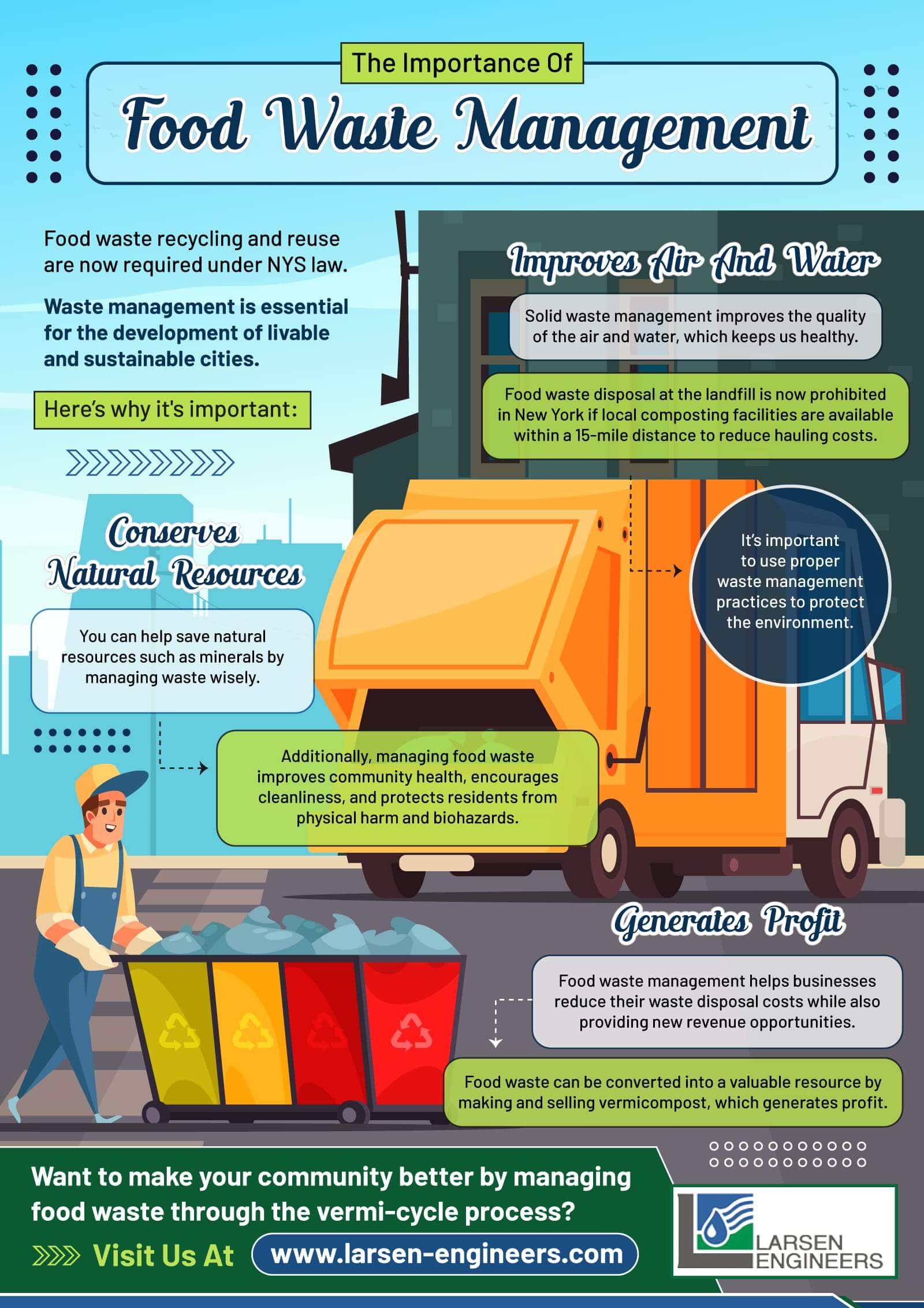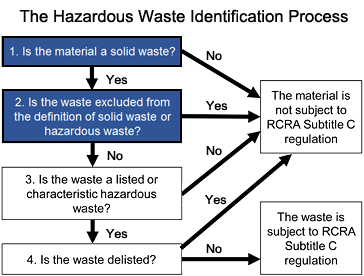Reclaim Waste Can Be Fun For Everyone
Reclaim Waste Can Be Fun For Everyone
Blog Article
Some Of Reclaim Waste
Table of ContentsReclaim Waste for Dummies4 Simple Techniques For Reclaim WasteThe Facts About Reclaim Waste RevealedTop Guidelines Of Reclaim WasteThe smart Trick of Reclaim Waste That Nobody is Discussing
Check out the types, occurrences, and kinds of liquid waste. Domestic sewer waste refers to the waste and items from a household septic system. This sort of waste is created by people in houses, schools, and various other structures. This only includes septic systems that have a drain area. The appropriate administration and disposal of residential sewage waste call for fluid waste to be transferred to a sewer treatment plant where the appropriate methods and devices are related to cleanse and throw away waste.
Industrial waste usually includes possible hazards, such as combustible products or a mixture of liquid and solid waste products, and needs an advanced and in-depth disposal procedure. The disposal of business waste usually entails the purification of waste before transportation to make sure secure and correct disposal. Industrial waste is created from byproducts and overflow of industrial processes and production.
This kind of waste can not use the exact same sewage administration transport or procedures as septic or business fluids. The commercial waste monitoring process requires the inspection and testing of fluid waste prior to it undertakes the disposal procedure (liquid waste disposal melbourne). Runoff waste is the liquid waste that comes from overflow and excess stormwater in highly populated areas or cities
Runoff waste can cause contamination and flooding if not handled properly. Discover more about sewer cleaning and waste management. Guaranteeing correct waste monitoring can avoid calamities and lower ecological harm. Both people in household settings and experts in industrial or production industries can gain from recognizing the procedures and guidelines of fluid waste monitoring.
The Ultimate Guide To Reclaim Waste
Contact PROS Services today to find out regarding our waste administration and disposal solutions and the proper methods to look after the liquid waste you create.
(https://www.tripadvisor.in/Profile/reclaimwaste1)Do you recognize what occurs to your water when you disengage, flush the commode or drain the cleaning machine? No? Well, it deserves knowing. This supposed 'wastewater' is not only a vital source but, after therapy, will be launched to our land, waterways or the ocean. Made use of water from toilets, showers, baths, kitchen area sinks, laundries and industrial procedures is understood as wastewater.

water utilized to cool down machinery or clean plant and devices). Stormwater, a kind of wastewater, is overflow that moves from agricultural and metropolitan locations such as roofing systems, parks, yards, roadways, paths and rain gutters right into stormwater drains, after rain. Stormwater moves without treatment straight to regional creeks or rivers, at some point reaching the sea.
The Ultimate Guide To Reclaim Waste
In Queensland, the majority of wastewater is treated at sewage treatment plants. Wastewater is moved from domestic or industrial sites with a system of drains and pump terminals, called sewage reticulation, to a sewer treatment plant. Local governments construct, keep and operate most sewage therapy plants. Operators are licensed under the Environmental Management Act 1994 to discharge cured wastewater at an appropriate environmental requirement into waterways.
The Division of Natural Resources suggests local governments about managing, operating and maintaining sewage my website systems and therapy plants. In unsewered locations, regional governments might need homeowners to install specific or family sewage treatment systems to deal with domestic wastewater from toilets, kitchen areas, restrooms and laundries. The Division of Natural Resources authorises making use of home systems when they are confirmed to be efficient.
In some brand-new class, treatment of some stormwater to eliminate litter, sand and crushed rock has actually begun using gross pollutant catches. Wastewater treatment takes place in 4 stages: Gets rid of solid issue.
Wastewater then moves into huge storage tanks where solids work out and are gotten rid of as sludge. Grease and residue are skimmed from the surface. Makes use of small living microorganisms recognizes as micro-organisms to break down and remove remaining liquified wastes and great fragments. Micro-organisms and wastes are incorporated in the sludge. Eliminates nitrogen and phosphorus nutrients that might trigger algal blossoms in our waterways and intimidate aquatic life.
Reclaim Waste for Dummies
Nutrient elimination is not available whatsoever sewage treatment plants since it calls for expensive specialised devices. It is coming to be more common in Queensland. Clear liquid effluent created after therapy might still have disease-causing micro-organisms. If this effluent is released into waterways such as rivers or the sea, the micro-organisms will eventually die out.

This usually means wastewater needs to be treated or contaminants gotten rid of prior to it can be discharged to rivers. The majority of wastewater moves right into the sewage system. Under the Act, neighborhood federal governments administer approvals and licences for eco pertinent activities (ERAs) involving wastewater launches that may have a local effect. The division administers authorizations and licences to ERAs including wastewater releases that might have a local or statewide effect.
The Best Guide To Reclaim Waste
Monitoring provides factual information about water quality and can verify that licence conditions are being met. The info gotten via surveillance offers the basis for making water top quality decisions.
Report this page